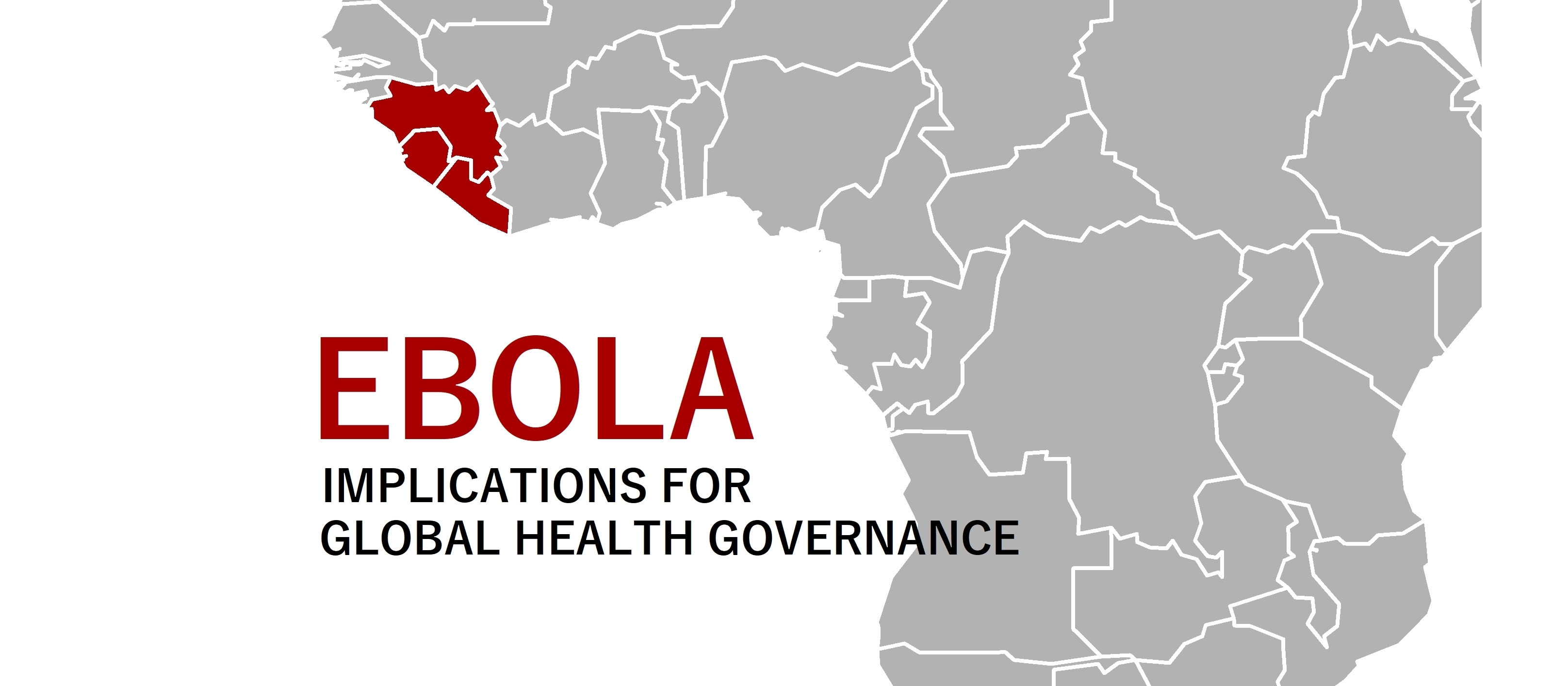By Tim Mackey
Liberia is a country that has arguably borne the largest brunt of the 2014 Ebola Virus disease (EVD) outbreak, with the highest number of fatalities of all countries since the outbreak began in late March 2014. Though significant progress has been made in halting the spread of the disease, declarations by the World Health Organization that the country was “Ebola free” have been cut-short by detection of new cases, raising concerns that the country and greater region are still in ongoing danger during the post-pandemic phase of the outbreak. More importantly, the unprecedented nature of the Liberian EVD outbreak provides a compelling case study exposing the fragilities of international responses to global public health emergencies. Hence, this commentary will explore lessons learned from Ebola in Liberia and how they could affect the WHO, the International Health Regulations, and the future landscape of global health governance.


